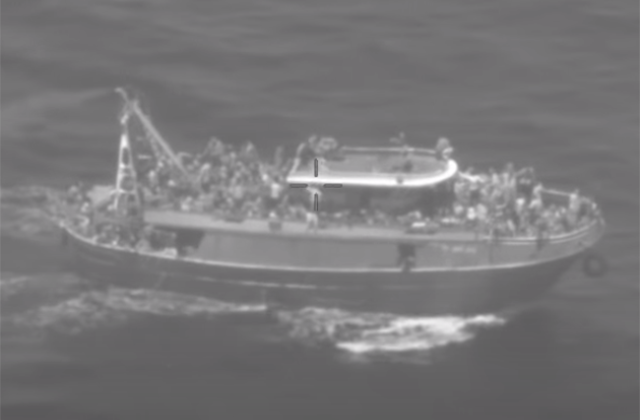For years, human rights actors have been reporting serious, recurrent and widespread rights violations against migrants and refugees during border management.
In July 2024, the European Union Agency for Fundamental Rights (FRA) identified systemic gaps in investigating such allegations. Few cases of ill-treatment and other serious allegations of rights violations were investigated, and when they were, they were closed at the pre-trial stage. The Agency published the Guidance on investigating alleged ill-treatment at borders, which suggests concrete steps to promote effective national investigations. FRA also called for more transparency in investigations.
A year later, FRA has not observed any structural changes aimed at improving the effectiveness of national investigations of ill-treatment allegations at borders.
On a positive note, more incidents of loss of life and alleged ill-treatment during border management are being brought to the attention of judicial authorities. Between 2020 and 2024, 12 Member States at the EU’s external land or sea border opened at least 135 criminal investigations. Judicial authorities in Greece and Italy pressed charges in relation to the deadly shipwreck incidents in Pylos (June 2023) and Cutro (February 2023).
At the same time, most cases continue to be archived at the pre-trial stage. The number of convictions remains low, compared to the widespread reports of rights violations. From 2020 to 2024, there were a total of four convictions: three in Hungary and one in Spain.
From 2020 to 2024, at least 161 cases were subject to disciplinary investigations. Out of these closed cases, 13 led to sanctions: seven in Croatia and six in Hungary.
The European Border and Coast Guard Agency (Frontex) reviews more complaints and serious incidents involving alleged fundamental rights violations in their area of operation, recommending preventive and protective measures for Frontex operations. These procedures do not replace national investigations to restore justice for the victims. However, national authorities often fail to follow up with effective national investigations when Frontex concludes that fundamental rights violations have occurred.
The European Court of Human Rights (ECtHR) continues to play an important role in providing victims with access to justice. In the last four years, it issued six judgments in which it found that national investigations into migrants’ rights violations at borders were ineffective. As at 1 July 2025, some 30 cases were pending before the ECtHR in Strasbourg.


